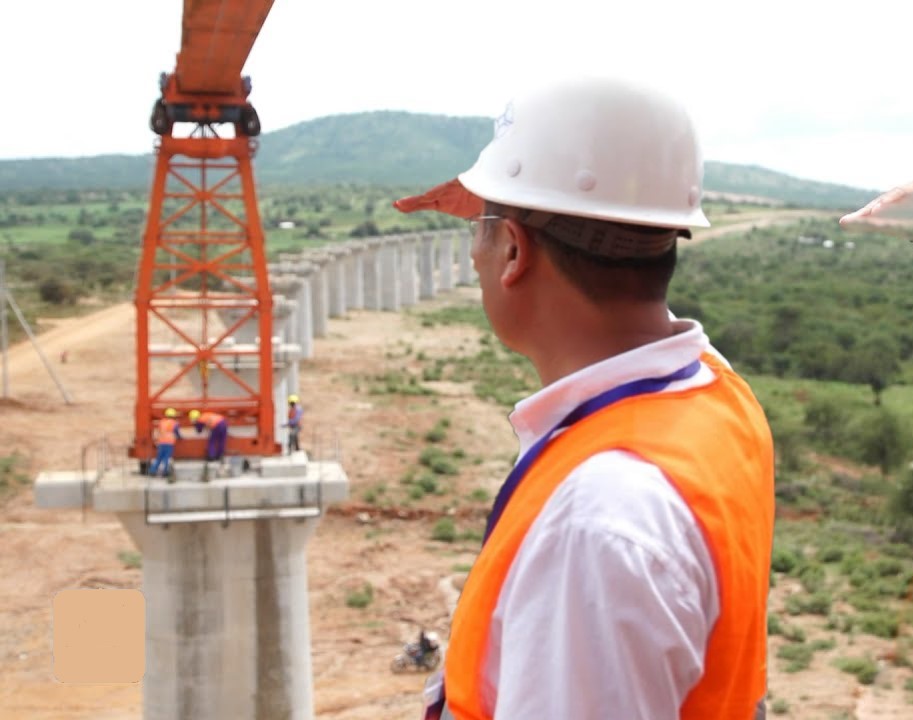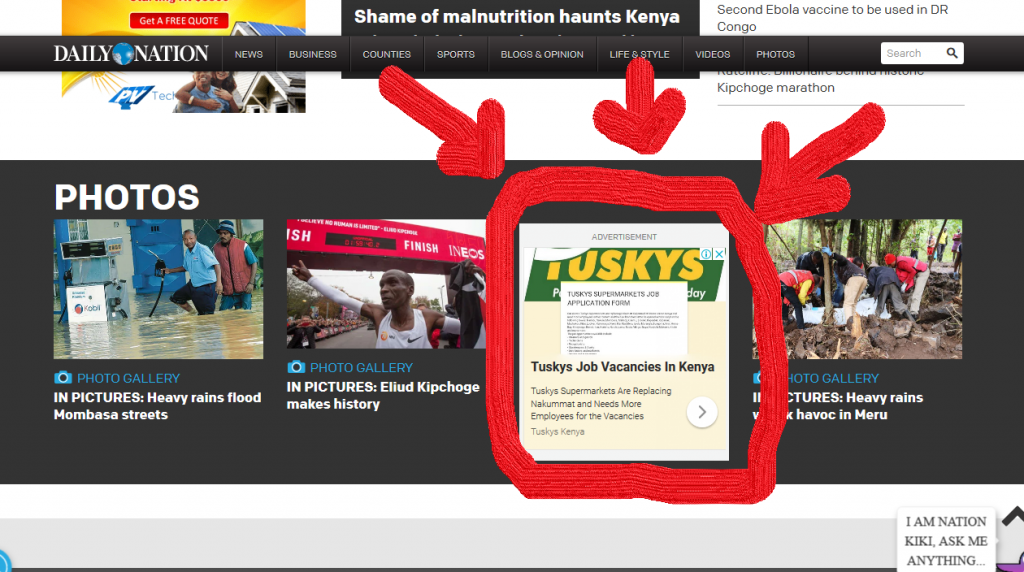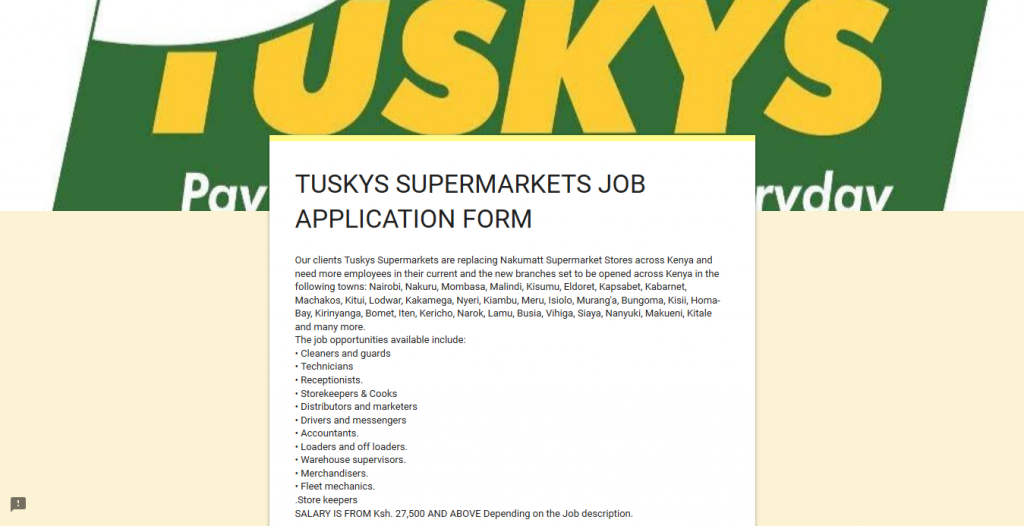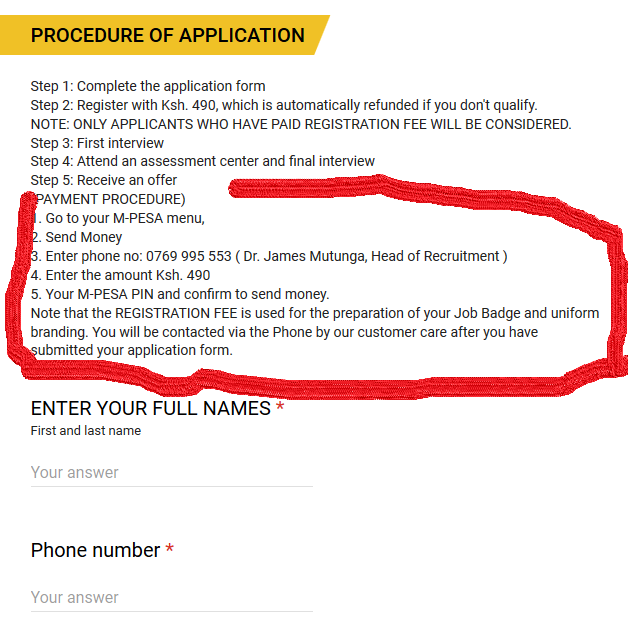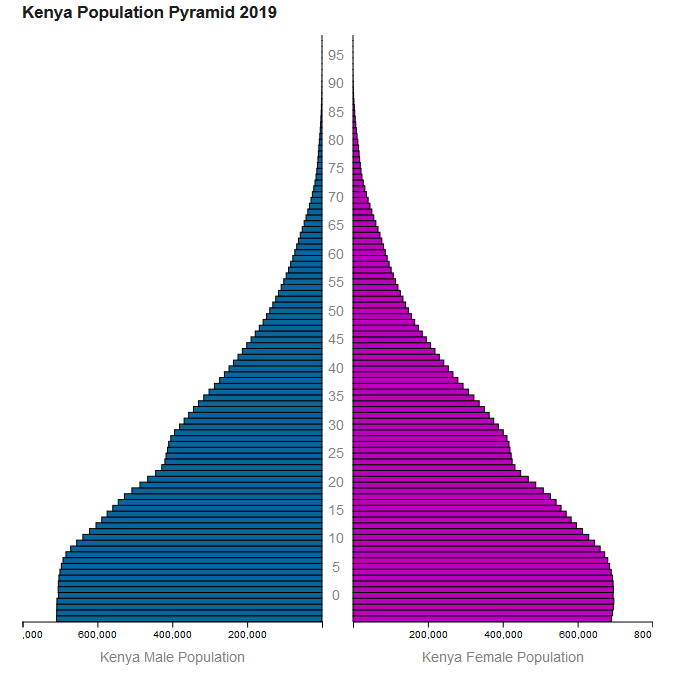Disasters do not just happen; there are a chain of critical events and fateful decisions that take place before the disaster hits.
For the victims, there is only one path that leads to the disaster, with everything appearing to collaborate together to their damnation. But for spectators and people doing the post-mortem of events, there always seem to be many ways that the situation could have been salvaged, and we lay blame on anything and everything that can hold a portion of the blame.
Likoni Case
In September 2019, a car plunged off a ferry in Kenya, sinking to a depth of 60 m. Entombed in the car is a mother and a four-year-old daughter.
The event that was captured on video paints a picture of a desperate situation where help is too near, and yet too far. The car simply slipped off a ferry and floated in water for a few seconds, before sinking to the bottom of the channel.
The reaction was that of an angry nation, where any user of the ferry imagine that it could have been them. The recovery of the bodies proved a hard task, with some people doubting the capacity of the Kenya Ferry Services, Kenya Navy, Kenya Coast Guard and Kenya National Disaster Operations Center.
While the situation could have been prevented,
it could not have been easily salvaged once the vehicle plunged into the ocean.
Why the accident happened
There is no single reason that can claim
the trophy for the accident. A number of factors seemed to have collaborated
together. Look at this:
- There was an occupied vehicle
in the ferry. Passengers in public service vehicles are supposed to alight, but
it seems one does not have to alight from a private vehicle.
- The ramp on the ferry was
faulty. In its normal position, a vehicle cannot slide off the ferry. Due to
the fault, the ramp could not lift up as required to prevent such an
involuntary action.
- Kenya Ferry Services claims
that the driver seems to have engaged a reverse gear! If this is true, then
this would be the most unlucky place to reverse the car. If it were somewhere
in the street, the result would have been a thud and some coins at the
mechanic.
- The car was among the last to
board the ferry. If the car was parked amongst other cars, engaging a reverse
gear would result in damaging other cars, not plunging onto the ocean.
- The driver seems to have panicked!
Keeping calm is very hard in an emergency situation, but it matters a lot. One
is able to think of a cause of action and act accordingly. In this case, the
action could have been breaking, or accelerating forward.
If any of those conditions were different,
the results would have been very different. In most cases, accidents are as a
result of several factors working together. Sometimes we can ignore several
errors because they are harmless, but forget that if we tolerate one, we are
moving closer to a critical number of errors which can result in catastrophes.
Engineers call it the Swiss cheese model of accident causation.
To prevent the accident or the fatality,
any of those conditions should have been altered. This is a very easy task, but
also difficult in a society that does not value excellence and following rules.
It is also a matter of a country that does not prioritize investing in public
health. When the ramp on the ferry fails, the best thing is to pull the ferry
out of operation for maintenance. But this would inconvenience many people,
right? Then buy more ferries. Not possible because the country is broke, and
replacing old ferries wont count as legacy project for politicians. Kenyans
need to see new projects to be wowed.
Even our complacency in times of peace would not help the matter. Suppose you work in the ferries, with your sole duty being to ensure that motorists leave their cars before the ferry is in motion. That would be easy to enforce for one week. Soon, you start giving exemptions to the elderly and the disabled. Next time you excuse people because of the rains. After seventeen years of no incidences, everybody forgets the rules.
What it would have taken to rescue the victims
As soon as the car plunged into the ocean,
there was like a 20 second window within which the occupants could have been
rescued. The first action would have been for them to get out of the car, as
there was no way to keep a metallic structure quickly filling with water
afloat. Once the occupants were out of the car, it would have been possible for
skilled divers to save them.
If the ferry had a dedicated rescue crew,
it would take at least 5 seconds for them to know exactly what had happened,
before they can react. Most likely, they would be scattered across the ferry,
making it even harder for them to launch operations in time. And then, you do
not just jump into the ocean with no idea if the vehicle was occupied, and how
many occupants are present. By the time this happens, the car would have sunk. There
is a very narrow chance that the divers would have helped. By the time you dial
the Kenya navy, the car would be at the bottom of the channel.
As you can see, the best line of defence was in disaster prevention, followed by the victims’ actions. Disaster response in such a scenario is something hard to implement for the type of government that we pay/vote for. In short, knowing what to do if your vehicle slips off the ferry is what can save you. As soon as the vehicle plunges into the ocean, figure out how to get out of the car. Doors might not open until the vehicle is fully immersed in water. The only option is to break the windows using the metallic part of the seat head rest. Alternatively, once the vehicle is submerged, open the door and get out, hoping that you can swim, or someone comes to your rescue.
Why it took long to find the car
Many people would expect an emergency multi-stakeholder response to the accident. This was not going to happen for a few reasons. First, this was not a national disaster; I am told that unless there are more than ten victims an incident does not qualify to be a national disaster. Second, the only thing that could have been done was to retrieve the bodies. This is also not something very necessary when the risks involved are weighed.
Diving deep to 60m ocean channel that has a lot of heavy traffic and ocean current is a risky affair. It needs planning, and competence. Such competence is hard to find, if the Kenya Navy cannot afford it. It is more about having the right equipment which Kenya Navy did not have (your government again). Throw in the government bureaucracies and economists with their cost-benefit analysis and you realize that the exercise does not make economic sense. But for the sake of not the family, but an angry general public after the social media video, the government has to do something.
Conclusion
It is hard to prevent all kinds of disasters, but there is usually no quick-fix solutions. Kenya may need to start by fixing institutions that are responsible for public safety, which involves fixing the people who work there, which might actually end up in fixing the whole society to be security conscious, to be excellent in what we do, and to allocate resources for what matters. What we did at Likoni was tantamount to throwing a swimming manual to the victims.
PS: Read Why Air Crash Investigations take a long time






